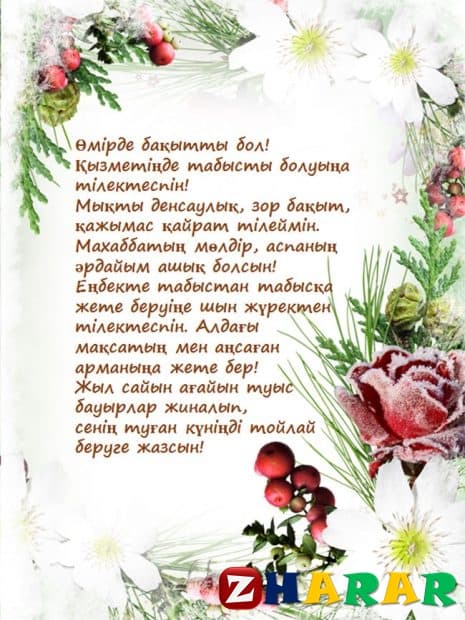Kazaksha Tilekter Tugan Kunge 1 Zhas

Zafarnama (Beginning) From SikhiWiki. Jump to: navigation, search. KAMAAL-E KARAAMAT QAA-YEM KAREEM, RAZA BAKSH RAZAQ RAHAAQ-O RAHIM (1) Waheguru is perfection personified. He is eternal and through His miracles He shows His presence. He is generous in granting us His bounties. He is compassionate and merciful. Pictures and descriptions of New General Catalog Objects NGC 4850, NGC 4851, NGC 4852, NGC 4853, NGC 4854, NGC 4855, NGC 4856, NGC 4857, NGC 4858, NGC 4859, NGC 4860.
In a widely circulated, Dzongsar Khyentse has opened a door on a much needed conversation. His courage (and outrage) led him to say publicly what many people have observed and felt privately.
How tulkus are raised is one of the many challenges that Buddhist teachers face today in balancing the traditional with the modern. Yet Khyentse touches on just the tip of the proverbial iceberg. In focusing on the deficiencies in the ways many tulkus are trained and the seeming exploitation of them for economic and political advantage, he does not take into account the origin, evolution, and place of the tulku system in Tibetan culture as a whole.
Heitor villa lobos suite populaire bresilienne pdf to word. “Tulku” is the Tibetan word for nirmanakaya, the form aspect of a buddha. In modern times the term has come to refer to a person who is recognized as the reincarnation of a former spiritual teacher. The tulku system is unique to the Tibetan tradition of Buddhism. Broadly speaking, it is a system of identifying and developing spiritual talent to provide for the continuity of the tradition, control of real estate, multiple revenue streams, and the assurance that the gods are alive and well and part of the society they oversee.
It is a brilliant solution to this complex of challenges, but it worked only in the isolated society of pre-diaspora Tibet. Dzongsar Khyentse’s criticism of the current training of tulkus is but one manifestation of the difficulties that traditional cultures have when transitioning to the modern world. Any lineage must ensure continuity from generation to generation. For a variety of reasons, many societies have chosen to have lineage, authority, and property pass from father to son or from parent to child. Rulers and leaders all over the world generally like to keep things in the family and in Tibet.
(1012-1097), for instance, intended that his son, Dharma Dode, take over his spiritual lineage as well as his property. Only when Dharma Dode was killed in a riding accident did Marpa acknowledge Milarepa as one of his spiritual heirs. The father-son succession, however, does not work in a monastic system with celibate teachers.
Thus, Tibetan ruling families adopted an uncle-nephew succession: the abbot’s successor was his eldest brother’s eldest child. When an abbot died, his nephew was hailed as the late uncle’s tulku or reincarnation.
USE OF THESE DRIVERS WITH ANY OTHER MACHINE IS STRICTLY PROHIBITED. This package enables or updates the PC Card function of the following ThinkPad computers: - ThinkPad 380, 380D, 380E, 380ED, 380XD, 380Z - ThinkPad 385D, 385ED, 385XD - ThinkPad 560X, 560Z - ThinkPad 570 - ThinkPad 600, 600E - ThinkPad 770, 770E, 770ED, 770X, 770Z Apr 26, 2014|. Cardworks business card software serial. ********************************************************************** What This Package Does ---------------------- This package provides the PC Card software for Windows 95 users. IBM ThinkPad April 25, 1999 CardWorks for Windows 95 Driver Version 5.32.25.VPR ====================================================================== ********************************************************************** WARNING: THIS DRIVER CAN ONLY BE USED WITH THE MACHINES ON THE SUPPORTED LIST ON THIS PAGE.
Again, this is not what the word “tulku” actually means but what it has come to mean. The uncle-nephew succession survives to this day in the Sakya lineage. Not all nephews wanted the role.